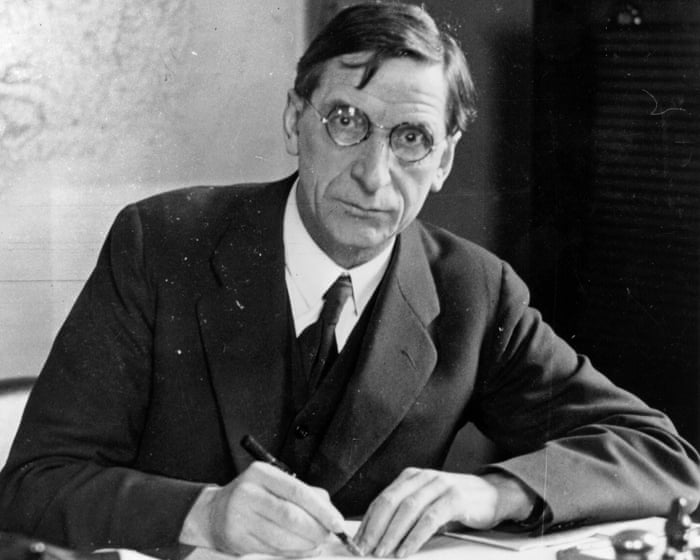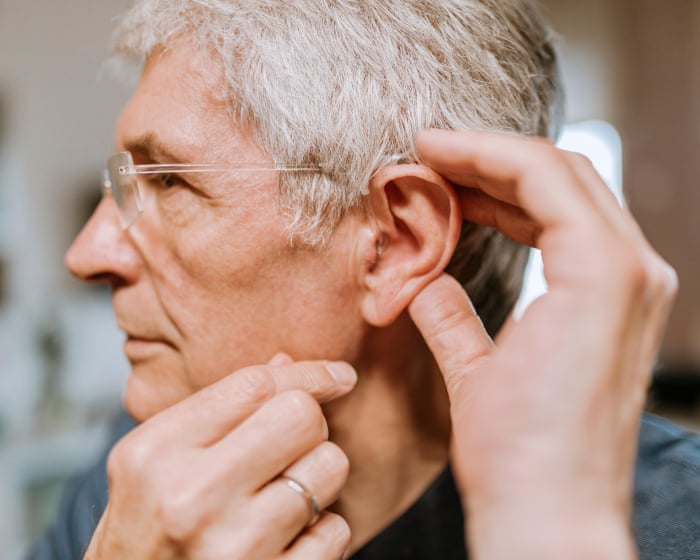Éamon de Valera fought in Ireland’s 1916 Easter Rising and later, as both taoiseach and president, left a deep personal imprint on the newly independent nation. While modern Ireland has moved away from much of his conservative Catholic vision, De Valera is still regarded as a founding father.
Yet a persistent mystery surrounds his parentage—gaps in the historical record have long fueled rumors and speculation about a Spanish artist named Vivion de Valera, who was said to be his father. As taoiseach, De Valera (often called “Dev”) directed Ireland’s ambassador in Madrid to look into his Spanish roots, but the search came up empty.
Now, a new RTÉ documentary has uncovered evidence suggesting that Vivion de Valera never actually existed—that he was invented, and the identity of Dev’s real father was concealed.
The first part of the two-part documentary, Dev: Rise and Rule, airing on September 3, will highlight inconsistencies in De Valera’s birth certificate and challenge the long-held story of a Spanish father.
“You might ask: does it matter if his parents were really married? Does it matter who his father really was?” says David McCullagh, the documentary’s presenter. “But the point is, it mattered to him. It shaped his character.”
The program arrives amid renewed debate over De Valera’s personality and legacy, coinciding with the 50th anniversary of his death on August 29. Some historians criticize him for Ireland’s economic struggles in the 1930s, while others praise his success in keeping the country neutral during World War II.
The documentary traces a path from De Valera’s uncertain origins and his mother’s emotional distance to the complexities of his personality. “Doubts about his paternity, and his mother’s rejection, left him with questions about his identity that preoccupied him throughout his long life,” says McCullagh.
De Valera’s mother, Catherine Coll from County Limerick, emigrated to the United States in 1879. She claimed to have married Vivion de Valera in Greenville, New Jersey, in 1881, and gave birth to their son in Manhattan the following year. She also stated that her husband died in the western U.S. about two years later.
De Valera’s New York birth certificate, dated November 10, 1882, lists the father as Vivion—spelled “De Valero.” His mother is recorded as “Kate De Valero née Coll,” implying they were married. However, no church or civil record of the marriage has ever been found, nor any evidence of Vivion’s entry into the U.S. or his death.
In the documentary, McCullagh reveals a second version of the birth certificate—a copy requested by De Valera’s mother in June 1916, when her son faced execution for his role in the Rising, to prove his U.S. citizenship.
McCullagh points out that this amended certificate spells the surname “De Valera,” and that the handwriting appears identical to that on the original document—matching the signature of De Valera’s mother. Birth certificates were supposed to be completed by a doctor or official, not by parents.
“I’ve seen many, many birth certificates, and this is an exceptional situation,” says Kenneth Cobb, a New York City archivist, in the documentary.
McCullagh, who wrote a two-volume biography of De Valera, suggests that uncertainty about his father’s identity—coupled with his mother’s decision to send him at age two to be raised by his grandmother in Ireland—left him with lasting emotional scars.
In a forthcoming book of essays, The Taoiseach: A Century of Political Leadership, edited by Iain Dale, McCullagh argues that De Valera’s unsettled sense of self may have driven his attachment to institutions and causes that offered belonging—such as his school, Blackrock College, the Irish language, and Irish nationalism.
Frequently Asked Questions
Frequently Asked Questions About Éamon de Valeras Spanish Father and Its Influence
1 Who was Éamon de Valera
Éamon de Valera was a key leader in Irelands struggle for independence later serving as Taoiseach and President of Ireland
2 What is the story about de Valera having a Spanish father
It was a longstanding rumor that de Valeras biological father was Spanish not the Irishman listed on his birth certificate adding an air of mystery to his origins
3 Did Éamon de Valera actually have a Spanish father
No this belief has been debunked Research and records confirm his father was Juan Vivion de Valera an Irishborn Cuban of Spanish descentnot a Spaniard from Spain
4 How did this belief about his Spanish father start
It likely began due to his surname de Valera which sounds Spanish combined with limited knowledge about his family background during his early political career
5 Why did people believe de Valera was part Spanish
His appearance and surname contributed to the myth as well as romanticized stories that sometimes emerge around prominent figures
6 Did de Valera himself believe or promote this idea
No he did not promote it In fact he acknowledged his fathers CubanSpanish heritage but identified strongly as Irish
7 How did this belief influence de Valeras identity or public image
It added to his mystique and sometimes was used to portray him as an outsider or exotic figure though it didnt change his deep commitment to Irish nationalism
8 Were there any benefits to de Valera from this misconception
In some contexts it may have made him seem more intriguing or cosmopolitan but it didnt significantly impact his political career which was built on his actions and ideals
9 What are common misunderstandings about this topic today
Some still mistakenly think he was born in Spain or had direct Spanish parentage rather than understanding his father was of Spanish descent but born in Cuba
10 How has historical research clarified de Valeras background
Genealogical studies and records have shown his father was IrishCuban settling the myth and



